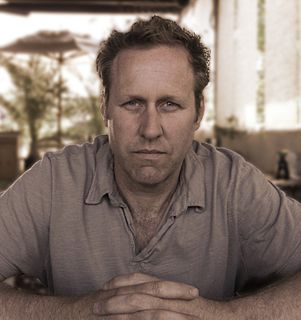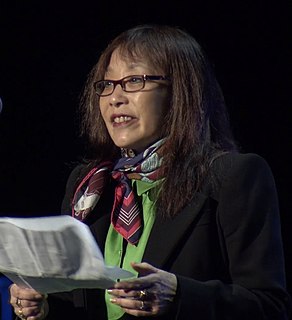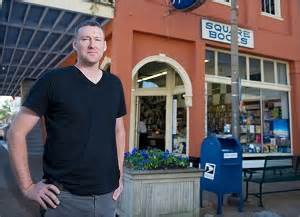A Quote by Roger Avary
Bret Easton Ellis is a social satirist; I consider myself aligned with how he does things. Bret doesn't write about that which he loves about the world, he writes about what disgusts him. You'd be a disturbed individual if you came out and said, 'I love these characters'.
Related Quotes
I think it's dangerous to think you know what you're writing. I usually don't know, and usually I just discover it in the course of writing. I envy those writers who can outline a beginning, a middle, and end. Fitzgerald supposedly did it. John Irving does. Bret Easton Ellis does. But for me, the writing itself is the process of discovery. I can't see all that far ahead.
As a piece of writing, The Elementary Particles feels like a bad, self-conscious pastiche of Camus, Foucault and Bret Easton Ellis. And as a philosophical tract, it evinces a fiercely nihilistic, anti-humanistic vision built upon gross generalizations and ridiculously phony logic. It is a deeply repugnant read.
I don't write about love because it makes for easy, passive heroes. I write about how love makes my characters more autonomous, more self-possessed, more opinionated and powerful. I write about characters who pursue relationships that make them the people they want to become. I write about love as a superpower.






























